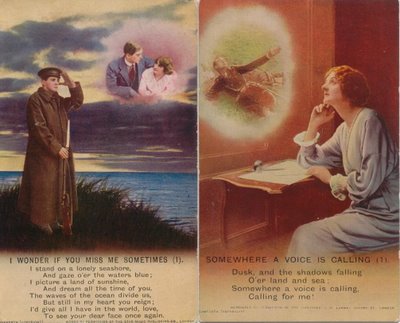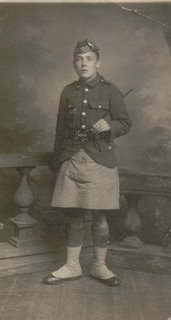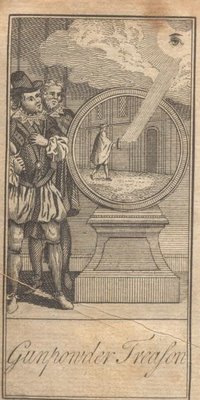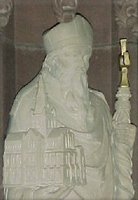What passing-bells for these who die as cattle?
Only the monstrous anger of the guns.
Only the stuttering rifles' rapid rattle
Can patter out their hasty orisons.
No mockeries for them: no prayers nor bells,
Nor any voice of mourning save the choirs, -
The shrill, demented choirs of wailing shells;
And bugles calling for them from sad shires.
This lad - a neighbour of my grandmother in Carlisle - joined the Argyll & Sutherland Highlanders. He was known in the neigbourhood as ‘Little Isaac’ . He was wounded in 1918, and repatriated. He died, aged 21, on 9th November, two days before the end of the 1st World War.
A couple of days later, my mother, who was a small child at the time, remembers seeing the coffin being passed out of the front ground-floor window of the small terrace house where Isaac’s family lived, en route to his funeral. As this was happening, the church bells rang out to mark the Armistice.

What candles may be held to speed them all?
Not in the hands of boys, but in their eyes
Shall shine the holy glimmers of good-byes,
The pallor of girls’ brows shall be their pall;
Their flowers the tenderness of patient minds,
And each slow dusk a drawing down of blinds.
Anthem for Doomed Youth. Wilfred Owen

These sentimental postcards were produced during the First World War for soldiers and their girlfriends. (But I suppose they had much to be sentimental about)





























